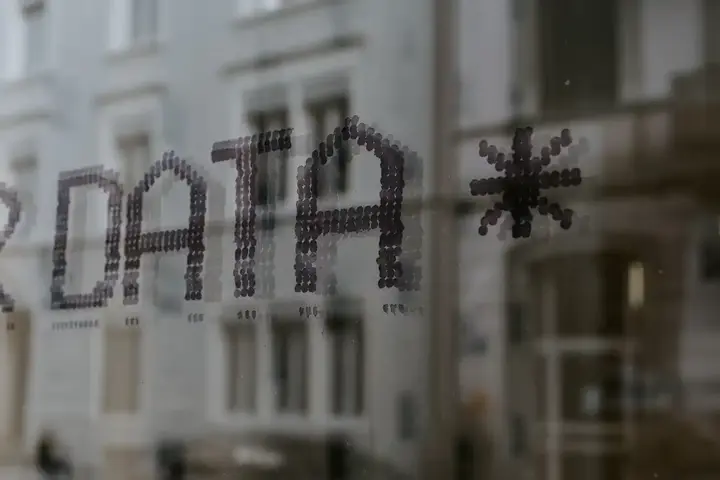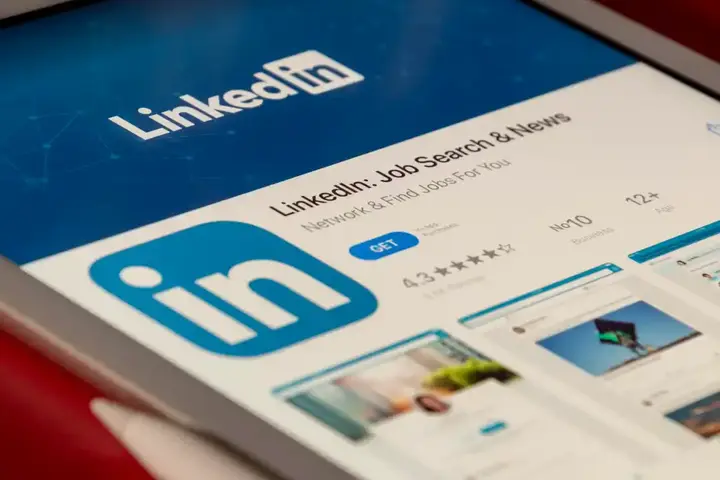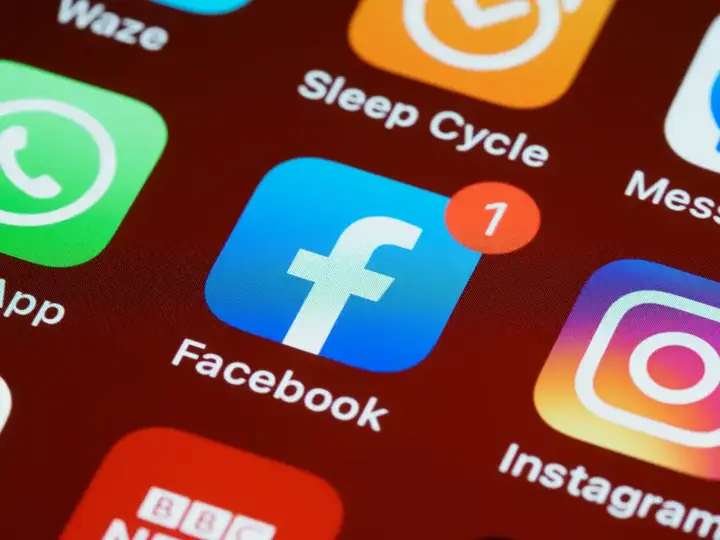The most famous data leaks in history - a list of wonders!
Many believe that hacking operations are more frequent for individuals and small and medium entities, where the means of prevention and leakage are limited. This is not the case, but there is a particular appeal among large entities – especially global ones – that calls for the attention and challenge of hackers.
Show key points
- Contrary to popular belief, large global entities, not just individuals and small businesses, are key targets for hackers due to their appeal and potential impact.
- Hacker motives often go beyond financial gain, driven instead by ego, ideology, or the thrill of influencing globally significant events.
- The Yahoo breach, affecting 3 billion accounts, is considered one of the largest in history and greatly tarnished the company’s reputation and valuation.
- ADVERTISEMENT
- LinkedIn experienced a major leak in 2021 exposing over 700 million users’ data, raising concerns over long-term user security and trust.
- A Facebook vulnerability in 2019 led to the exposure of 500 million users’ data, resulting in heavy fines and calls for stricter data protection regulations.
- Canva’s 2019 breach impacted 130 million accounts and highlighted the risks even creative platforms face, leading to enhanced security actions.
- These incidents have globally influenced the implementation of stronger cybersecurity practices and encouraged widespread use of two-factor authentication.
Money alone is not a motive, but you may be surprised by the often harmful nature of these hackers, and the different perception of the big entities that justify hacking and stealing. It is also the feeling of euphoria when contributing to an event that has a global impact in one form or another.
Through the following lines, we will review together incidents of data breaches that contributed to a great stir, some of which prompted major entities - you will not believe that they could be hacked - to take unusual measures, for example, pushing their users to change passwords at once!
Recommend
Such breaches have contributed to the emergence of security measures more widely in the world at large.
1- Yahoo Corporation - Data of more than 3 billion accounts

These incidents were a major reason for the landing of one of the world's first internet giants. Yahoo Company was also so until the beginning of the second decade of the twenty-first century
Between 2013 and 2016, Yahoo was subjected to a series of cyber breaches, resulting in the theft of the data of 3 billion user accounts. The stolen data included names, email addresses, encrypted passwords, phone numbers, dates of birth, and other sensitive data. A 2013 hack was only revealed in 2016, while a 2014 breach was revealed in 2017.
● The Yahoo hack is one of the largest data breaches in history.
● The stolen data was used in identity theft, financial fraud and phishing attacks.
Yahoo has paid hefty fines to settle hack-related lawsuits, amounting to more than $100 million.
● The incident significantly damaged Yahoo's reputation and contributed to the depreciation of its shares. Baltha in the process of selling to Verizon.
●After detecting the breaches, Yahoo made significant changes to its security practices.
● The incident encouraged users to use strong and unique passwords and enable two-factor authentication.
● The incident also led to increased scrutiny of the practices of big tech companies to protect user data.
2- LinkedIn - Data of more than 700 million accounts

In light of the repercussions of the Corona pandemic in the world, in April 2021, a huge data leak was reported to more than 700 million LinkedIn users on the hacker forum. The stolen data included personal information such as email addresses, business information, phone numbers, full names, account IDs, social media account links, gender details, and other information. The stolen data is believed to have been collected through the illegally exploited LinkedIn API.
● The 2021 LinkedIn leak is one of the largest website data leaks in history, which includes employee and worker data in various markets and industries.
● The stolen data was used for identity theft and financial fraud.
● This incident affected LinkedIn's long-term reputation as well as users' trust.
●After the leak was revealed, LinkedIn advised users to change their passwords and enable two-factor authentication (an additional support method for securing accounts).
●Security experts have warned that stolen data could be used for years to come in targeted scams.
● LinkedIn has not publicly admitted responsibility for the leak, but has confirmed that it has updated its security systems.
● LinkedIn users are advised to be very cautious about any suspicious emails, text messages, or phone calls you may receive, especially those requesting personal or financial information.
●Users can also check the history of data breaches on the Have I Been Pwned website to check if their information has been leaked.
3- Facebook - Data of more than 500 million accounts

A vulnerability has been uncovered in Facebook that allowed attackers to access the personal information of 500 million users. In 2019, the stolen data included phone numbers, email addresses, dates of birth, geographic locations, and other information. The vulnerability is believed to have resulted from the use of a feature called "People Search" that allowed users to search for other people using their phone numbers.
● The 2019 Facebook data leak is one of the largest data leaks in history, for online social networks.
● This incident significantly damaged Facebook's reputation and led to heavy fines imposed on it by regulators.
●After the leak was revealed, Facebook notified affected users and fixed the vulnerability.
●Facebook has faced class action lawsuits and hefty fines by regulators around the world for its negligence in protecting user data.
● The U.S. Federal Trade Commission (FTC) has fined Facebook $5 billion for data privacy violations. The Irish Data Protection Commission also fined Facebook €50 million for breaching the General Data Protection Regulation (GDPR).
● The 2019 data leak incident led to calls for broader regulatory reforms to protect users' online data.
4- Canva - data of more than 130 million accounts

A massive data leak was revealed to Canva, the graphics design platform, in 2019, affecting more than 130 million users. The stolen data included email addresses, hashed passwords, usernames, dates of birth, and other information. The leak is believed to have resulted from a breach of Canva's servers.
● It was possible to use stolen passwords, even if they were encrypted, with the use of advanced technologies. This incident greatly damaged the reputation of one of the largest graphic design sites, prompting it to take precautionary and security measures extensively.
●After the leak was revealed, Canva notified the affected users and reset their passwords.
●The company even advised users to change their passwords in all their other accounts and use two-factor authentication (an additional support method to secure accounts).
● The company has faced class-action lawsuits for negligence in protecting users' data.
● Canva has not announced the source of the breach or whether any other data has been stolen.
![]()
Dar Al-Hajar ... The seven-story stone palace in Wadi Dhahr, Yemen
Perched atop a massive rock near Sana'a, the Stone Palace blends seamlessly into the mountain, appearing ancient though built in the 1930s. Once a royal summer retreat, it's now a museum showcasing Yemen’s rich architecture, with its war-castle design, gardens, and maze-like interior captivating all who visit—or admire from afar. more- ADVERTISEMENT
![]()
Who are these environmental activists, and are they ecologists?
Environmental activism inspires people to act for the planet, from simple clean-ups to influencing policies. But mixing activism with science too carelessly risks undermining trust. To truly protect our world, both activists and scientists must respect their roles without blurring the lines. more- ADVERTISEMENT
![]()
Sayyeda Zeinab Shrine: A holy shrine with magnificent architecture
Sayyeda Zeinab Shrine: A holy shrine with magnificent architecture more- ADVERTISEMENT
![]()
Tigris and Euphrates: Lifelines in Mesopotamia
The Tigris and Euphrates rivers, known as the cradle of civilization, have shaped ancient Mesopotamian life and still power agriculture, trade, and electricity today. Flowing through Turkey, Syria, and Iraq, their waters remain vital but increasingly contested, urging regional cooperation for sustainable and fair resource sharing. more- ADVERTISEMENT
![]()
The importance of social communication for public health
The importance of social communication for public health more- ADVERTISEMENT
![]()
Dubai Frame... Greatness lies in simplicity
Dubai Frame is a stunning landmark in Dubai offering breathtaking panoramic views from its transparent glass bridge. Visitors can journey through time with exhibitions showcasing Old Dubai, present-day marvels, and a futuristic vision of the city, all using immersive technology and interactive experiences—plus, coffee 150 meters above ground! more- ADVERTISEMENT
![]()
The Sahara Dilemma: Are Deserts Vital to the Balance of Our Planet?
Deserts may seem lifeless and harsh, but they’re vital to our planet. They store carbon, support unique species, and even help nourish the Amazon Rainforest. Despite their importance, human activities threaten these fragile ecosystems. So yes—deserts matter, and we need them more than we think. more- ADVERTISEMENT
![]()
The five scientists who have won two Nobel Prizes – and what sets them apart?
The five scientists who have won two Nobel Prizes – and what sets them apart? more- ADVERTISEMENT
![]()
The Unity Economy: How Isolation Changes Our Buying Habits
Loneliness is becoming a social epidemic, affecting both young and old. Despite being more connected than ever, people feel increasingly isolated, often turning to consumerism for comfort—buying entertainment, luxury, or even companionship. Brands must respond by offering personalization and building communities that help people feel seen and included. more- ADVERTISEMENT
![]()
5 electronic games to develop your skills and intelligence
Discover how video games like SimCity, Stardew Valley, and Gorogoa can sharpen your mind, boost creativity, and help with planning and decision-making—all while having fun. Not all games are just for play; some are powerful tools for personal growth and learning. more- ADVERTISEMENT





















